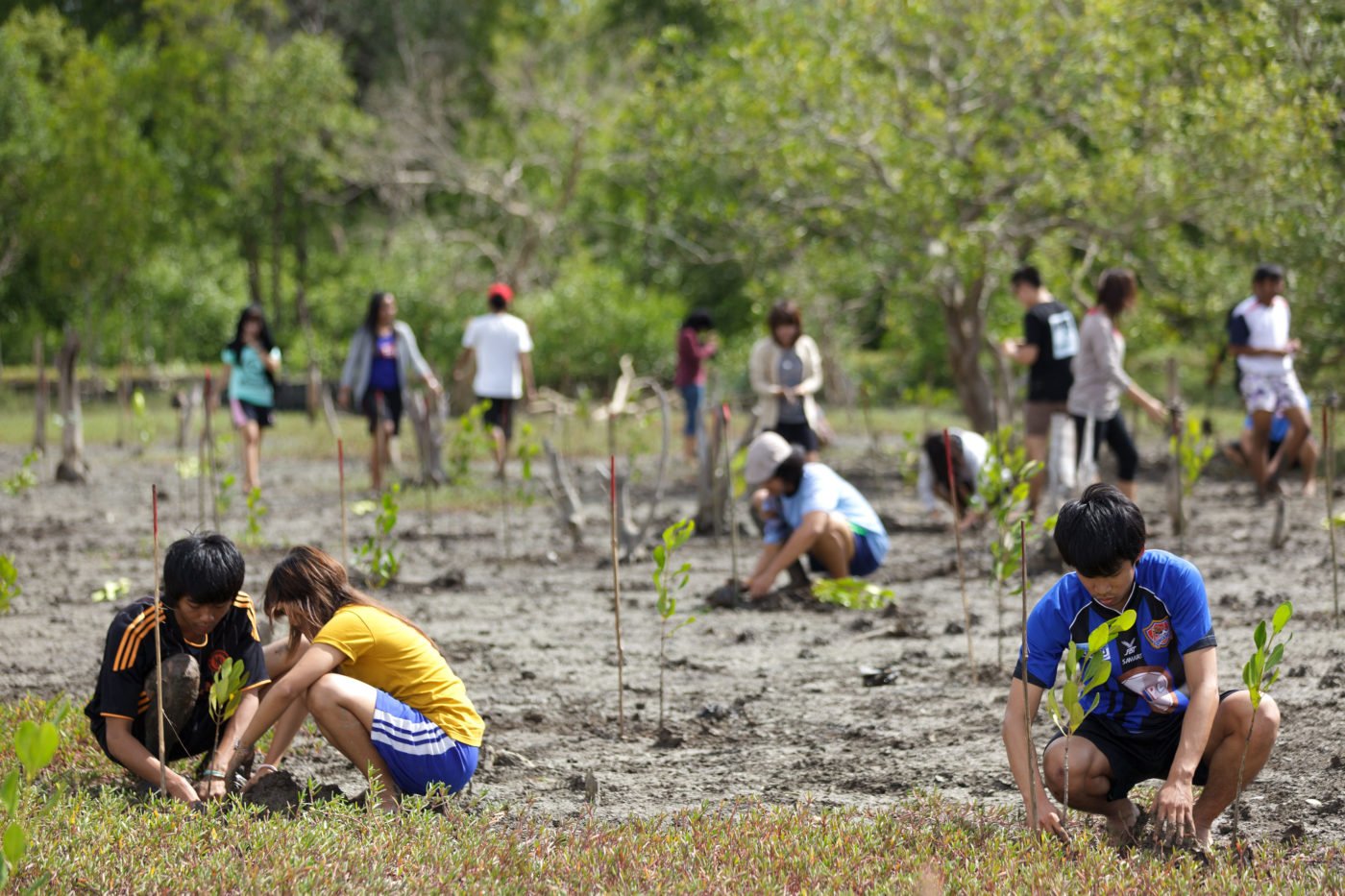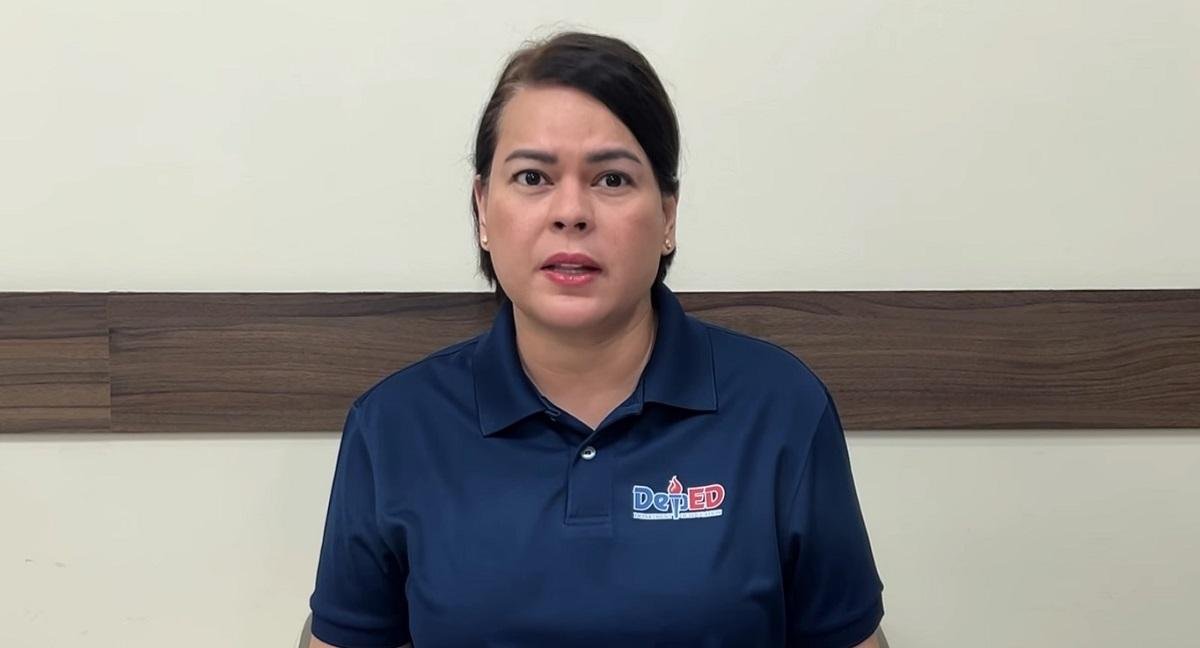In an ambitious move towards environmental sustainability, several bills have been filed in both houses of the Philippine Congress, aiming to strengthen reforestation efforts across the archipelago. These legislative measures align with existing national and international environmental commitments, presenting a multifaceted approach to reforestation and environmental conservation in the Luzon, Visayas, and Mindanao (LuzViMinda) regions.
Legislative Measures and Their Key Features
The proposed bills include:
- Graduating Students for Reforestation Act (S. Nos. 1538, 2228, and H. No. 9588): Spearheaded by Senators Revilla and Villar, and Representatives Go, Primicias-Agabas, Paduano, et al., this act mandates all graduating students from senior high school and college to plant trees. This initiative is expected to result in the planting of 4.4 million new trees annually.
- Family Tree Planting Act (H.B. No. 9587): Proposed by Representatives Primicias-Agabas, Go, Garcia, et al., this bill requires families to plant trees, promoting environmental stewardship at the household level.
- Tree Planting Plan Requirement for Building Permits (S.B. No. 1444 and H. No. 8569): Introduced by Senator Estrada and Representatives Primicias-Agabas, Paduano, Garcia, et al., this legislation makes tree planting a prerequisite for obtaining building permits, incorporating green practices into urban planning and construction.
Alignment with National Programs and Initiatives
These bills have been found consistent with several key national initiatives:
- DENR’s National Greening Program (NGP): The Department of Environment and Natural Resources (DENR) supports these bills as they align with the NGP’s goals of reforesting degraded forestlands.
- National Tree Growing as part of the NDC-Paris Climate Agreements: The Climate Change Commission has emphasized that these bills contribute to the Philippines’ commitments under the Paris Agreement, promoting sustainable practices to combat climate change.
- Makakalikasan Core Values in Education: The Department of Education (DepEd) promotes environmental consciousness through its curriculum, and these bills reinforce this by involving students in reforestation activities.
- DILG’s BUKAL and HAPAG Programs: The Department of the Interior and Local Government’s programs on tree planting and urban gardens complement these legislative measures, fostering community participation in environmental protection.
- ADSDPP of Indigenous Peoples: According to the National Commission on Indigenous Peoples (NCIP), these bills support the Ancestral Domain Strategic Development and Protection Plans, enhancing reforestation efforts within indigenous territories.
Makakalikasan Party’s Support and Recommendations
The Makakalikasan – Nature Party Philippines has welcomed these legislative proposals, as they resonate with its Green Agenda on Biodiversity and Habitat Conservation. The party’s Green Agenda emphasizes the conservation of biodiversity, protection of natural habitats, and sustainable development practices. The key points of their agenda include:

- Protection and restoration of natural habitats
- Sustainable land-use practices
- Promotion of biodiversity through community engagement
- Adoption of agroforestry systems
- Support for Indigenous Peoples in their conservation efforts
However, the Makakalikasan Party has raised several critical points to enhance the effectiveness of these proposed laws:
- Mandatory Forest Cover Targets: The party advocates for constitutional provisions to ensure that each major island maintains at least 45% forest cover. This should be achieved through agroforestry, balancing conservation and the economic needs of forest dwellers.
- Expansion of Protected Areas: Reforestation efforts should focus on creating continuous corridors of protected areas, enhancing biodiversity and ecosystem services.
- Watershed Management: Prioritizing reforestation in recharge areas of watersheds, particularly Water Quality Management Areas (WQMAs), is crucial for maintaining water resources.
- Use of Native Species: Employing local/native species through the rainforestation approach ensures ecological appropriateness and sustainability.
- Mobilization for Ecosystem Rehabilitation: Deploying 75% of the armed forces and mandating public servants, students, and 4Ps program beneficiaries for scheduled rehabilitation work will significantly boost reforestation efforts.
- Involvement of Low-Risk Prisoners: Utilizing low-risk prisoners for voluntary ecological conservation work on isolated islands can address both rehabilitation and environmental needs.
- Strict Enforcement of Logging Bans: Ensuring strict enforcement of the nationwide logging ban and protecting trees in watersheds are vital. Exceptions should be made only for sustainable practices by Indigenous Peoples and other traditional users.
- Compliance with Tree Planting Laws: Implementing existing tree planting laws, such as the tree substitution ratio of 1:50, is essential.
- Funding for ADSDPP: Full government funding for the reforestation and conservation programs of Indigenous Peoples’ Ancestral Domain Strategic Development and Protection Plans (ADSDPP) is necessary for their success.
Addressing Governance Issues
The Makakalikasan Party has also highlighted concerns regarding the governance of the National Greening Program (NGP). According to a report by the Commission on Audit (COA), the government’s reforestation program has failed to meet 80% of its targets. The COA’s findings underscore the need for better management and strategic planning in reforestation efforts. The party insists that tree planting sites must be strategically chosen to meet the national target of 45% forest cover. This aligns with the broader goal of integrating campus greening and barangay green governance linkages to create a cohesive environmental strategy.
Conclusion
The proposed reforestation laws represent a significant step forward in the Philippines’ commitment to environmental conservation and sustainability. By aligning with national and international initiatives, involving various sectors of society, and addressing critical governance issues, these legislative measures have the potential to make a substantial impact. The Makakalikasan – Nature Party Philippines supports these efforts but stresses the importance of comprehensive and strategic implementation to achieve the desired environmental outcomes.
By integrating reforestation into educational, familial, and construction activities, these laws not only promote environmental stewardship but also ensure that reforestation becomes a shared responsibility. With the right support and governance, these initiatives can help restore the country’s forests, protect biodiversity, and mitigate the impacts of climate change, securing a sustainable future for generations to come.










